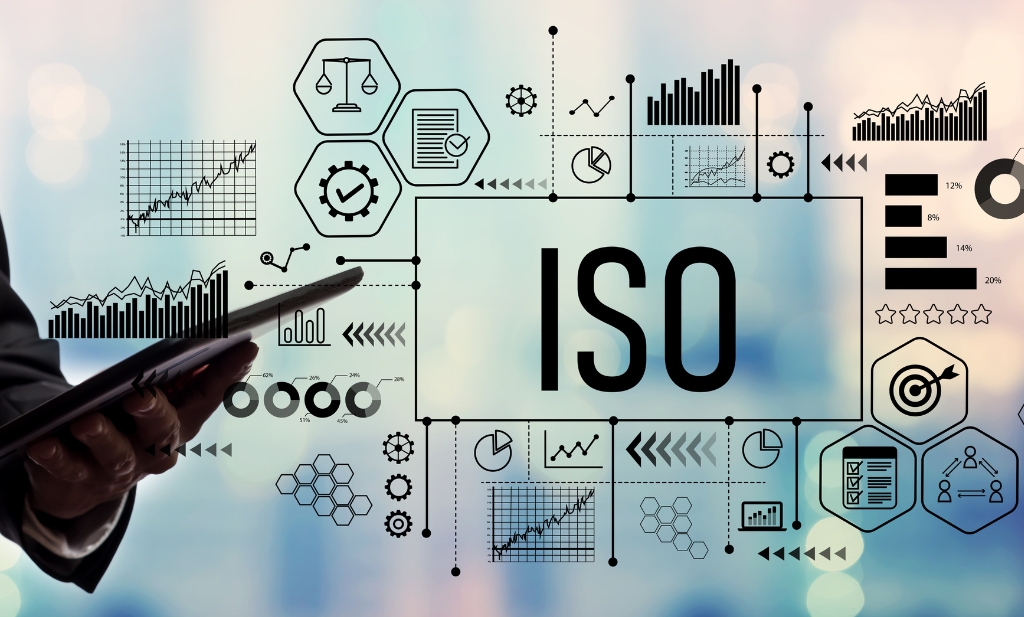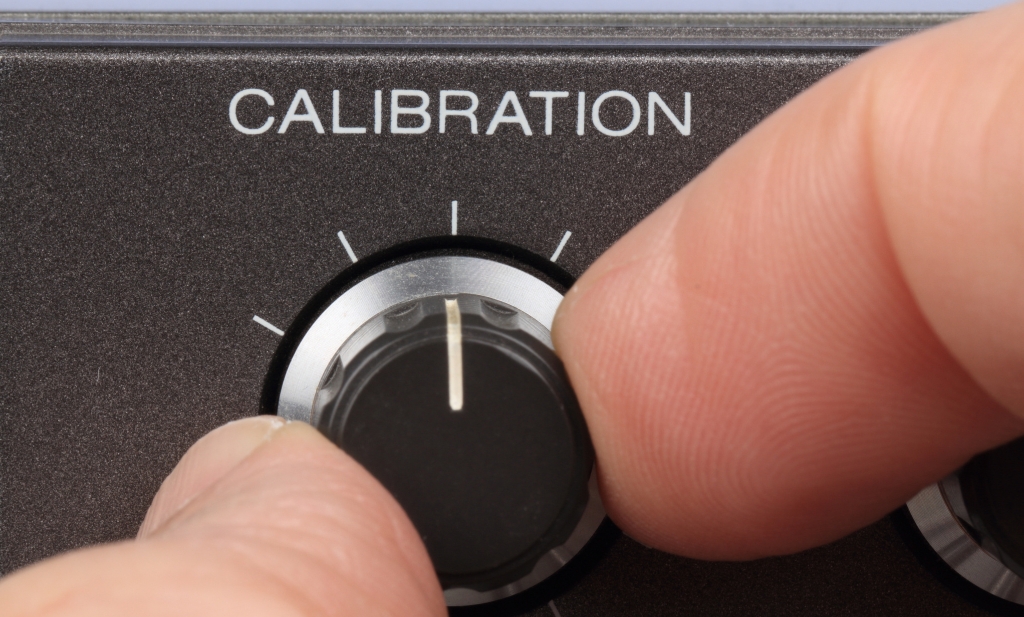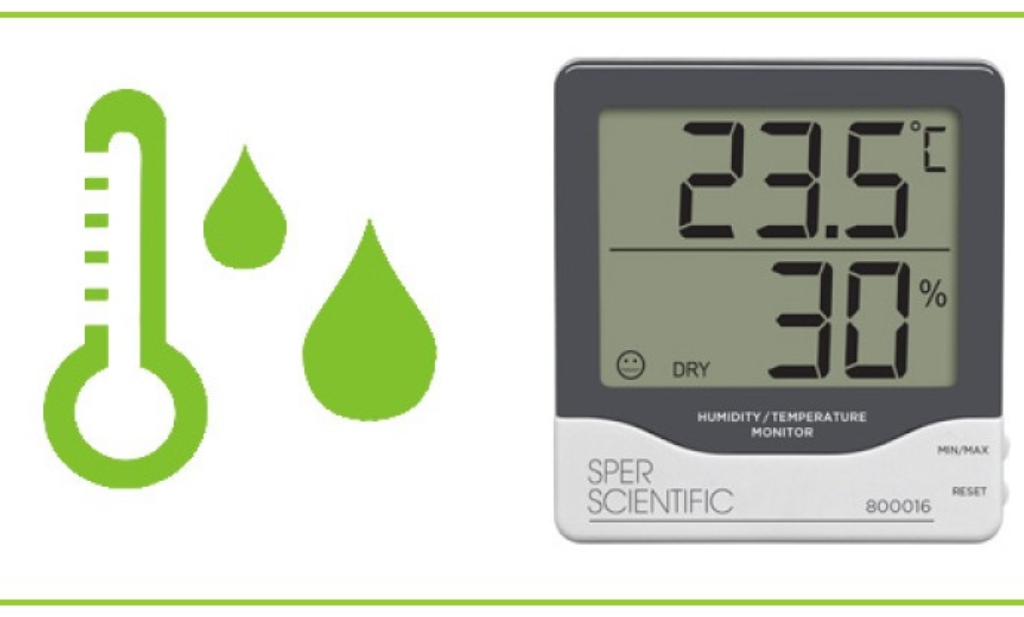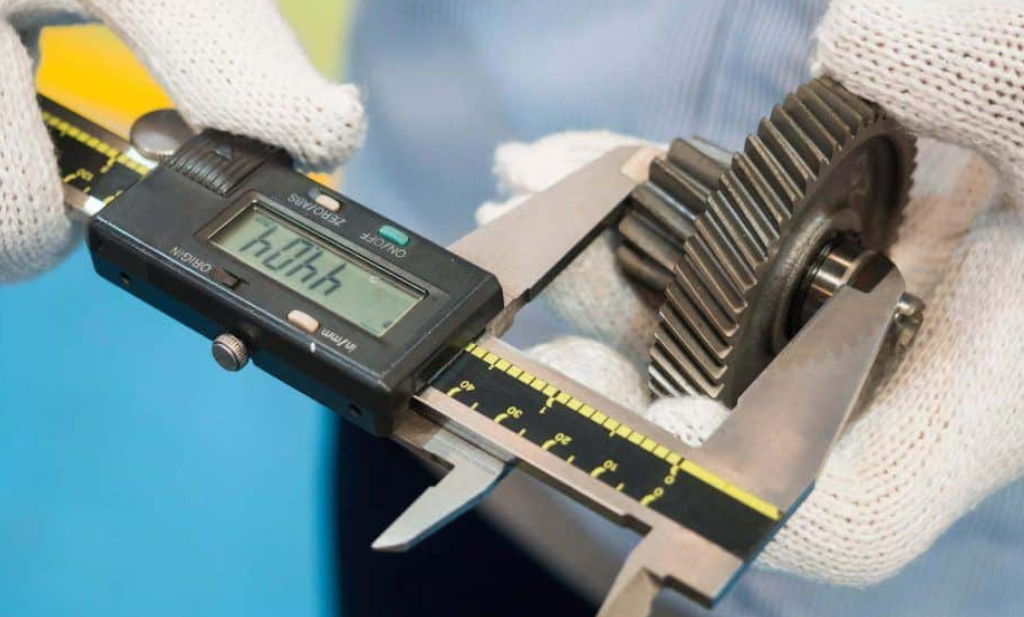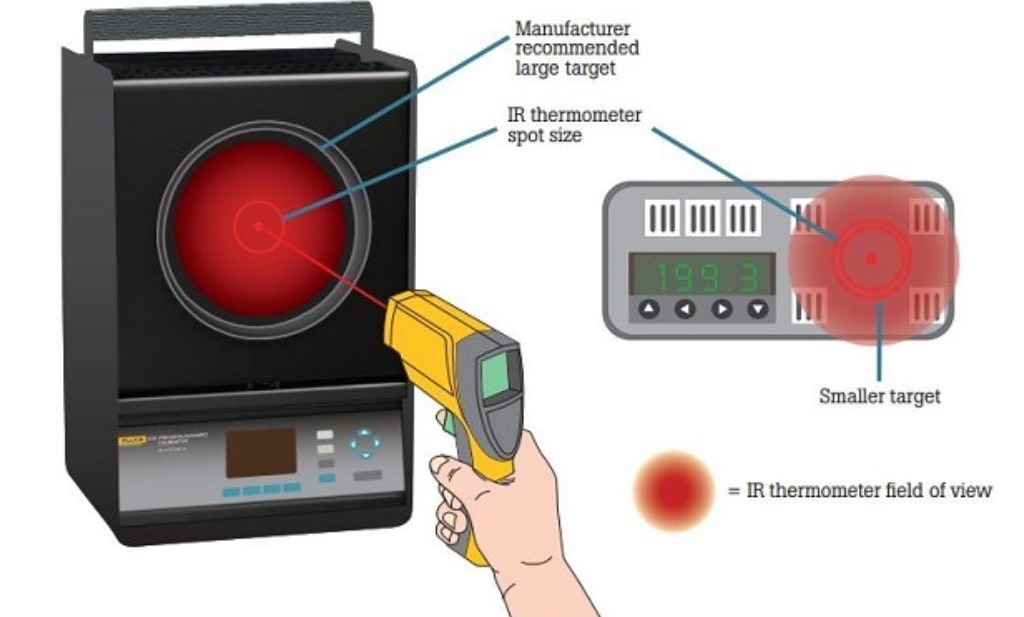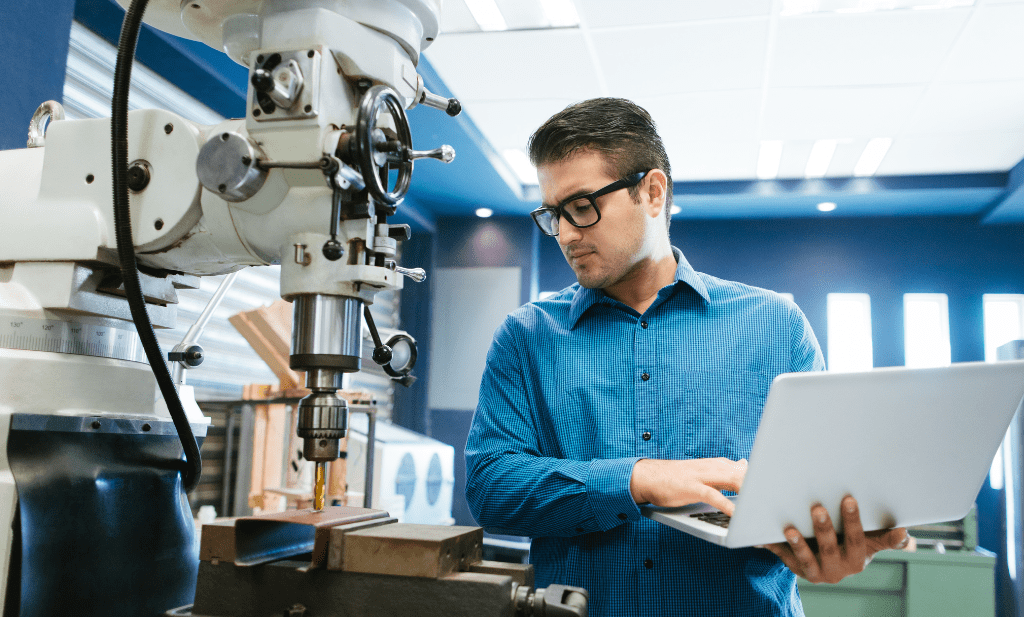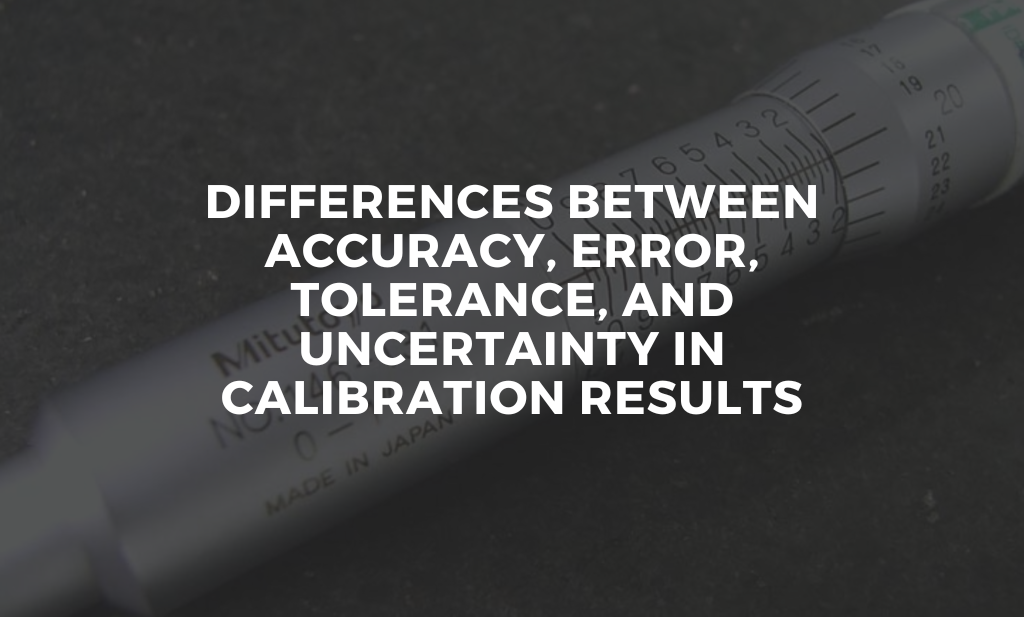5 Steps to Implement ISO 17025 Decision Rule – How to Apply the Decision Rule in a Calibration Results
The international standard for laboratories that perform testing and calibration is ISO 17025. The application of decision rules is an important part of the standard. A set of criteria known as decision rules is used to determine whether or not

